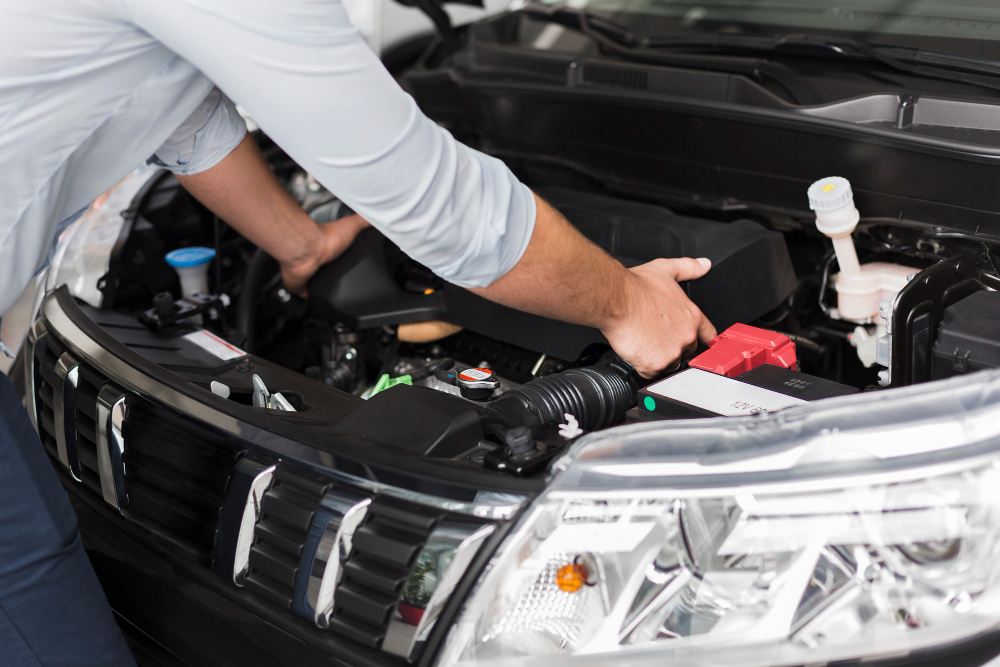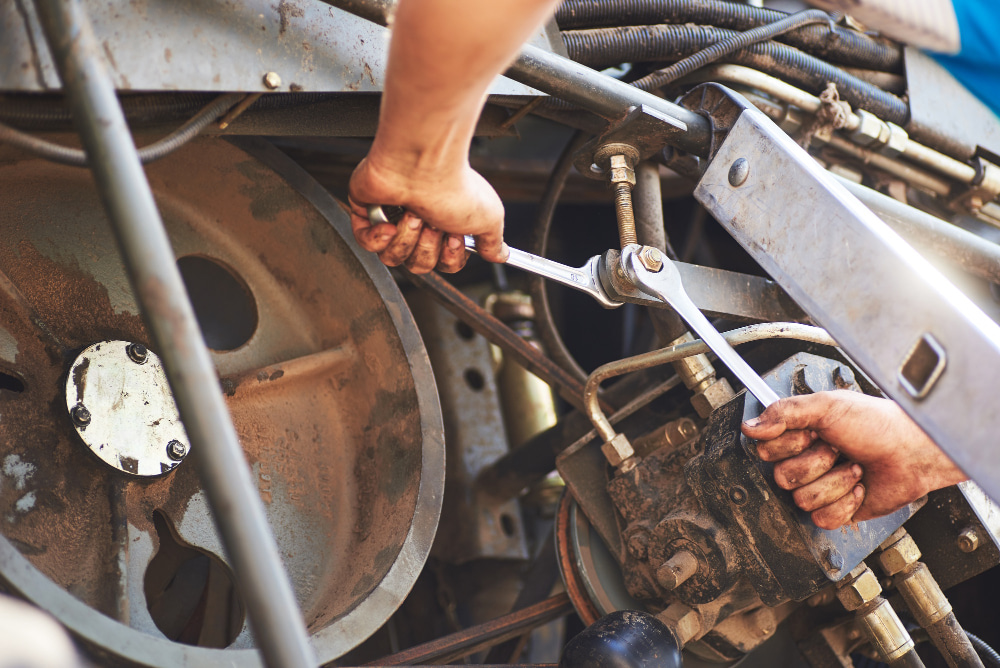Taking care of your car is more than just keeping it clean—it’s about ensuring safety, performance, and reliability every time you get behind the wheel. Many drivers today debate whether DIY car maintenance is enough or if professional servicing is the smarter option. While doing some jobs at home can save money and give you confidence, there are areas where expertise, equipment, and a qualified mechanic make all the difference. This article explores the pros and cons of both approaches, offering practical insights so you know when to handle tasks yourself and when to book in with a qualified mechanic.
What DIY Car Maintenance Means
DIY car maintenance doesn’t require a workshop or fancy tools for every task. Instead, it covers smaller, manageable jobs you can do at home to keep your vehicle running smoothly. Think of it as a way to stay proactive with your car care while leaving the complex work to qualified professionals.
Common DIY Automotive Tasks
- Checking and topping up fluids such as oil, coolant, and windscreen washer fluid
- Inspecting and inflating tyres to the correct pressure
- Replacing air filters or wiper blades
- Swapping out blown light bulbs or fuses
These are simple activities that form part of a vehicle service checklist and help you spot problems early.
Benefits of DIY Car Care
Taking a hands-on approach has several advantages:
- Cost savings: Small fixes at home can prevent minor issues from becoming expensive repairs.
- Convenience: Quick jobs don’t require an appointment or waiting at a workshop.
- Learning opportunity: You’ll become more familiar with your vehicle and how it works.
- Sense of achievement: Many car owners enjoy the satisfaction of doing things themselves.
Risks and Limitations of DIY Automotive Care
While the appeal of DIY car care is real, there are important limitations:
- Lack of specialist tools: Jobs like brake replacement or engine diagnostics require advanced equipment.
- Safety risks: Mistakes with critical systems such as brakes or suspension could put you and others in danger.
- Hidden problems: You may overlook deeper issues that only a trained mechanic can identify.
- Warranty issues: Skipping logbook or general servicing at approved centres may void your warranty.
Professional Car Servicing Explained
Workshop servicing involves comprehensive inspections and repairs carried out by trained mechanics. Unlike basic DIY car maintenance, workshops use advanced tools and diagnostic systems to identify and fix problems quickly.
Types of Professional Servicing
- Logbook servicing: Ensures your car meets manufacturer standards and maintains its warranty.
- General servicing: Covers essentials such as oil changes, brake checks, and safety inspections.
- Specialised repairs: Includes clutch replacements, suspension upgrades, and engine rebuilds.
- Classic car servicing: Tailored attention for vintage and heritage models.
Benefits of Professional Servicing
Choosing expert vehicle servicing gives you:
- Expertise: Qualified mechanics who know how to handle complex repairs.
- Accuracy: Advanced diagnostics that detect issues before they become serious.
- Reliability: Proper servicing improves performance and reduces breakdown risks.
- Value: Keeping up with logbook and scheduled servicing improves resale value.
- Peace of mind: Confidence that your car is safe for long trips and daily commutes.
Costs: DIY vs Workshop Servicing
At first glance, DIY may seem cheaper. However, small errors can create costly repairs later. For example, using the wrong oil or failing to notice a fluid leak could lead to major engine damage. Professional servicing, while more expensive upfront, often saves money in the long term by preventing these scenarios and extending your car’s lifespan.
When DIY Car Maintenance Makes Sense
DIY is a smart choice for:
- Quick checks between professional services
- Routine upkeep, such as topping up fluids or checking tyres
- Emergency fixes before reaching a mechanic
This approach helps you keep on top of small jobs while ensuring major work is handled professionally.
When You Must See a Mechanic
There are times when DIY just isn’t enough. You should always see a qualified mechanic if you notice:
- Dashboard warning lights
- Strange noises, vibrations, or smoke
- Problems with the brakes, clutch, or steering
- Overdue logbook servicing
These are high-risk areas where expertise is critical to safety.
Car Servicing in Northern Beaches – A Local Advantage
For drivers in the Northern Beaches region, having access to reliable mechanics means you don’t have to rely solely on DIY. NM Performance Automotive provides general servicing tailored to your vehicle and offers specialised services, including eSafety checks and comprehensive diagnostics. This convenience ensures your car is cared for by people who understand the unique conditions of Australian roads.
Striking the Right Balance
The most effective strategy is a combination of both approaches. Carry out basic DIY automotive checks at home, but never skip scheduled professional servicing. Together, these practices create a strong routine that keeps your vehicle safe, efficient, and roadworthy year-round.
FAQs: DIY vs Professional Servicing
Can DIY servicing void my warranty?
What are the safest DIY tasks?
How often should I book general servicing?
Is professional servicing more important for older cars?
Can I rely only on DIY if my car is new?
Conclusion
Both approaches have their place. DIY car maintenance is excellent for small, regular tasks and helps keep costs down. However, workshop servicing by qualified mechanics ensures your vehicle remains safe, reliable, and compliant with manufacturer requirements.
The best strategy is balance: combine DIY checks with scheduled general servicing. That way, you’ll protect your car’s value, enjoy safer journeys, and avoid costly breakdowns. Call NM Performance Automotive at 02 9999 2128 and make a booking for servicing.


